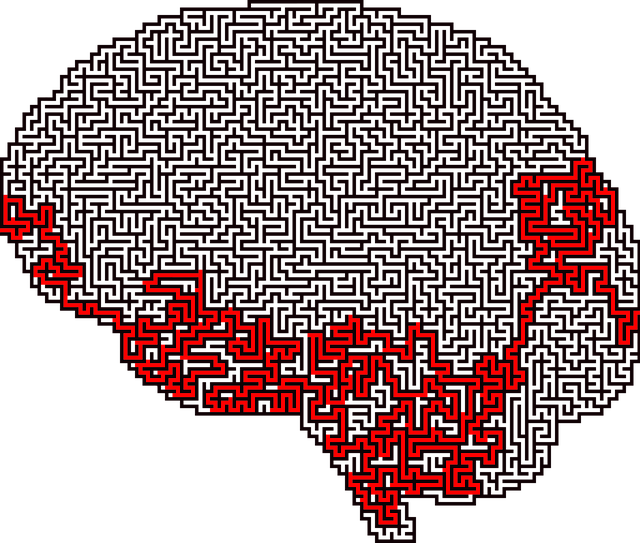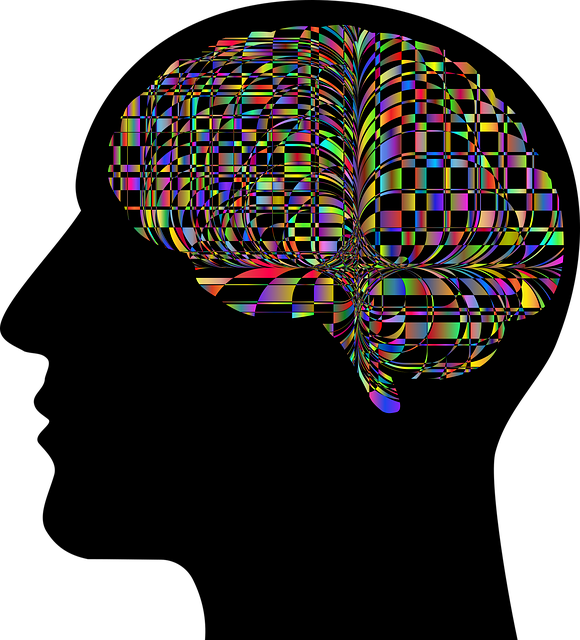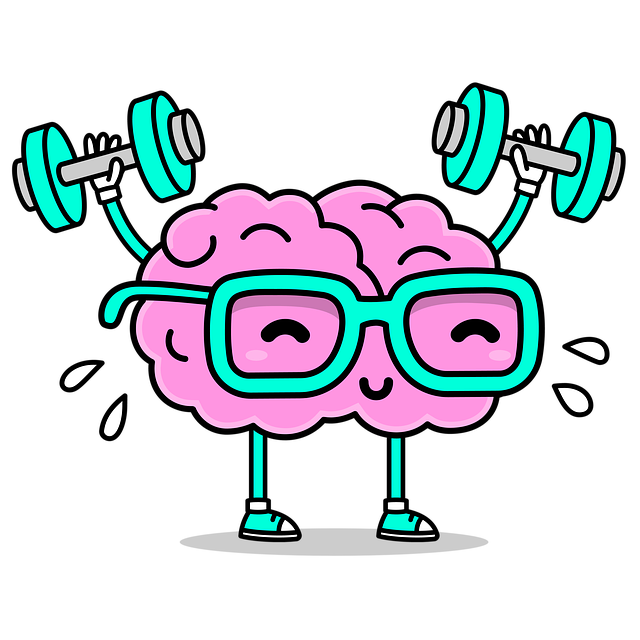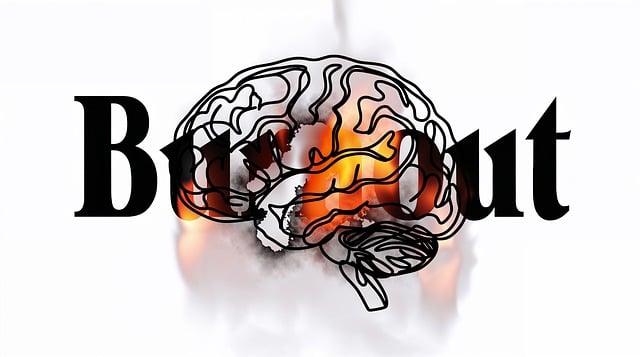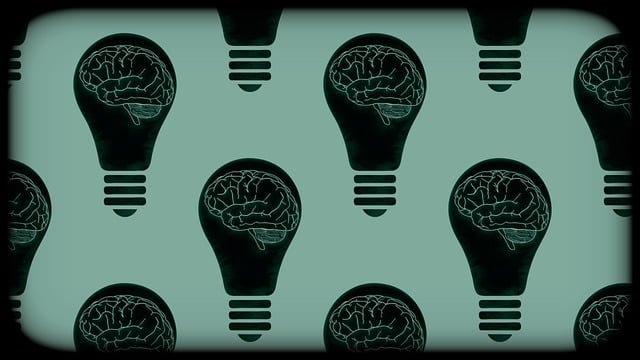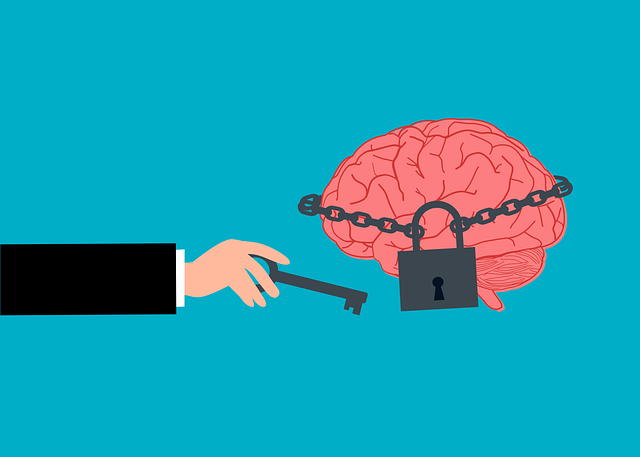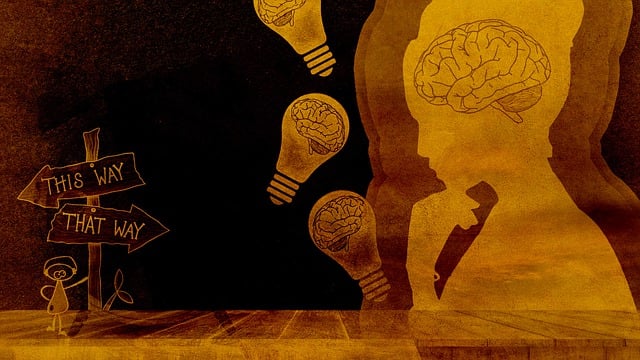Englewood Chronic Pain Therapy emphasizes emotion regulation as a key component of holistic treatment, empowering individuals to manage their condition and improve overall well-being. Through education, mindfulness practices, and tailored coping strategies, patients learn to navigate intense emotions associated with chronic pain. The program integrates various techniques, from journaling to group discussions, ensuring personalized approaches that enhance mental resilience and quality of life for Englewood residents dealing with chronic pain.
Emotion regulation techniques play a pivotal role in managing chronic pain, offering a powerful tool for individuals seeking relief. This article explores the profound impact of emotion regulation on chronic pain patients, highlighting its potential to enhance quality of life. We delve into evidence-based education strategies and practical techniques applicable in daily life. By adapting these methods to individual preferences, Englewood Chronic Pain Therapy can foster long-term success, providing continuous support for a more fulfilling life despite persistent pain.
- Understanding Emotion Regulation and Its Impact on Chronic Pain
- The Role of Education in Effective Pain Management
- Practical Techniques for Day-to-Day Application
- Adapting Strategies to Individual Needs and Preferences
- Long-term Success and Continuous Support in Englewood Chronic Pain Therapy
Understanding Emotion Regulation and Its Impact on Chronic Pain

Emotion regulation is a vital skill to master, especially for individuals living with chronic pain in Englewood. Understanding and managing emotions effectively can significantly impact one’s overall well-being and coping mechanisms. Chronic pain often goes hand in hand with intense emotional experiences, such as frustration, anger, or sadness, which can be both debilitating and exacerbating. By learning emotion regulation techniques, patients can navigate these challenging feelings more constructively.
This process involves recognizing and accepting emotions without judgment, and then employing strategies to modify them when necessary. Techniques like conflict resolution skills, mindfulness practices, and cognitive reappraisal have been extensively researched and proven effective in managing chronic pain. Public awareness campaigns and educational initiatives play a crucial role in spreading knowledge about these strategies, fostering mental wellness, and encouraging individuals to seek appropriate support, ultimately improving their quality of life.
The Role of Education in Effective Pain Management

Education plays a pivotal role in empowering individuals to effectively manage chronic pain through Englewood Chronic Pain Therapy. By providing knowledge about the science behind pain perception and various coping mechanisms, patients gain valuable tools to navigate their daily lives with greater ease. This holistic approach goes beyond treating symptoms; it focuses on fostering inner strength development by equipping individuals with strategies to understand and regulate their emotional responses to pain.
Integrating mental health awareness into chronic pain therapy encourages a deeper exploration of the mind-body connection, offering profound insights for personal growth. The Mental Wellness Podcast Series Production can serve as an engaging medium to disseminate this information, providing practical tips and real-life stories that inspire listeners to embrace their own healing journeys. Through education, individuals not only develop resilience but also cultivate a sense of control, contributing significantly to their overall mental wellness.
Practical Techniques for Day-to-Day Application

Incorporating emotion regulation techniques into day-to-day life can significantly enhance one’s ability to manage and mitigate emotional responses, especially in challenging situations like those experiencing chronic pain in Englewood. Simple yet powerful strategies include mindfulness practices such as deep breathing exercises and meditation, which encourage individuals to focus on the present moment, thereby reducing anxious or distressing thoughts. This technique is particularly beneficial for navigating the complexities of chronic pain management, as it helps to separate emotional responses from physical sensations.
Additionally, keeping a mental wellness journal can serve as an effective tool for self-reflection and understanding one’s emotional triggers. By documenting feelings, thoughts, and experiences, individuals gain valuable insights into their emotional patterns. This practice aligns with the principles of Mental Health Policy Analysis and Advocacy, promoting self-awareness and empowering individuals to take charge of their mental wellness. Moreover, engaging in regular journaling can be a therapeutic outlet, fostering better emotional regulation and overall mental resilience.
Adapting Strategies to Individual Needs and Preferences

Effective emotion regulation techniques teaching requires tailoring strategies to meet individual needs and preferences, especially in cases like Englewood Chronic Pain Therapy where patients often face unique challenges. This personalized approach ensures that coping mechanisms are not only learned but also readily applicable in diverse real-life scenarios. By understanding each person’s experiences, triggers, and preferred learning styles, educators can design interventions that resonate deeply with the learners.
For instance, some individuals might benefit more from mindfulness practices, while others may find solace in artistic expressions or physical activities. The Stress Management Workshops Organization emphasizes this adaptability, encouraging instructors to incorporate a variety of teaching methods, including visual aids, group discussions, and interactive exercises. Similarly, Self-Esteem Improvement and Mental Wellness Podcast Series Production can be integrated into the curriculum to foster holistic development, addressing not just emotional regulation but also overall mental wellness.
Long-term Success and Continuous Support in Englewood Chronic Pain Therapy

Englewood Chronic Pain Therapy focuses on long-term success by integrating emotion regulation techniques into comprehensive treatment plans. This approach recognizes that managing chronic pain is not solely a physical challenge but also deeply intertwined with emotional well-being. By teaching individuals effective coping strategies, the program empowers them to navigate the complexities of their condition with greater resilience and inner strength.
Continuous support is a cornerstone of this therapy, offering crisis intervention guidance when needed while promoting burnout prevention strategies for healthcare providers. This holistic view ensures that both patients and caregivers receive the resources required to sustain emotional balance over time. Through these practices, Englewood Chronic Pain Therapy fosters not only physical healing but also the development of lasting inner strength, ultimately enhancing the quality of life for those navigating chronic pain.
Emotion regulation techniques play a pivotal role in managing chronic pain, as evidenced by the success of Englewood Chronic Pain Therapy. By combining education with practical strategies, individuals can gain control over their emotional responses, leading to improved quality of life. Adaptability and personalized support are key to long-term success, ensuring that each person receives tailored care to navigate their unique challenges effectively.

